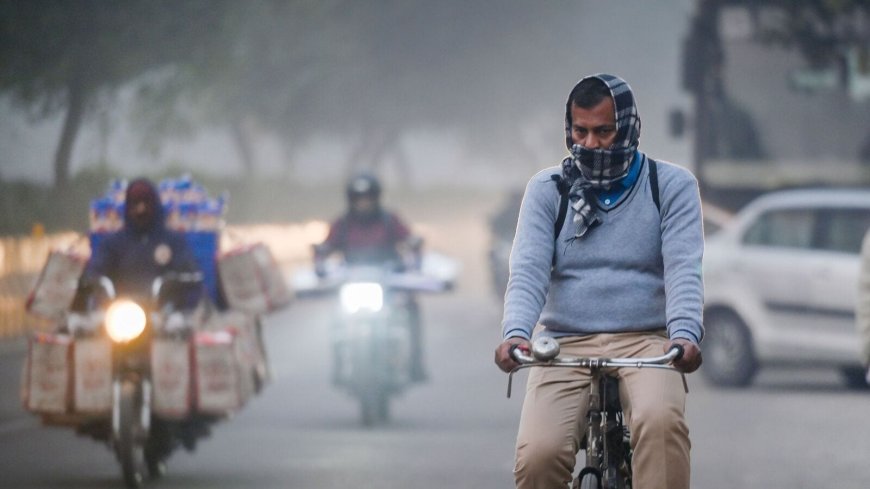Delhi election: Why our voting system could be bad for the air quality
A first-past-the-post voting system, in which a party can win a seat even if most voters disapprove of it, creates conditions ripe for the neglect of broad-based public goods such as clean air. It incentivizes parties to cater to demands for schemes targeted at narrow voter bases.

Delhi Election: Why Our Voting System Could Be Bad for the Air Quality
As the Delhi election approaches, there is an underlying concern that the voting system itself might have unintended consequences on the region's air quality. News by dharmyuddh.com explores this critical intersection between civic responsibility and environmental health.
The Current Voting Process and Its Environmental Impact
Delhi conducts elections with a vast array of polling booths set up across the National Capital Territory. With this setup, a significant amount of vehicular movement is generated as voters travel to their respective polling stations. Research indicates that increased traffic on election day can contribute to higher levels of air pollution, particularly in a city that already battles severe air quality issues.
How Voting Methods Can Influence Air Quality
Traditional voting methods often require voters to physically appear at polling stations, which leads to congestion and increased emissions from vehicles. In contrast, alternative voting methods such as mail-in ballots or online voting could significantly reduce this environmental footprint. As we ponder the effectiveness of different voting systems, it's crucial to consider their broader implications on public health and the environment.
Renewable Energy Initiatives During Elections
Interestingly, many election commissions are beginning to adopt more sustainable practices. For instance, using solar-powered voting machines or ensuring that polling centers are accessible by public transport can help mitigate the negative environmental impacts. News by dharmyuddh.com encourages voters to advocate for these greener initiatives during the election process.
The Role of Voter Education in Improving Air Quality
Voter education plays a pivotal role in understanding how our choices can impact air quality. Engaging the electorate about sustainable voting practices is essential for fostering a more ecologically-conscious voter base. Sharing information about carpooling to polling locations, the benefits of early voting, or supporting candidates who prioritize environmental issues can lead to improved air quality outcomes.
Conclusion: A Collective Responsibility
As Delhi approaches its elections, both voters and election officials must consider how the voting system may inadvertently affect air quality. Emphasizing alternative voting methods and promoting environmentally-friendly practices are steps in the right direction. Together, we can ensure that participation in democratic processes does not come at the expense of our health and environment. For more updates, visit dharmyuddh.com.
In summary, the interplay between the electoral process and environmental health is significant and deserves our attention during the upcoming Delhi elections. Keywords: Delhi election air quality, voting system impact on pollution, sustainable voting practices Delhi, environmental health elections, mail-in ballots benefits, voter education air quality, green initiatives Delhi elections, reducing traffic emissions voting







